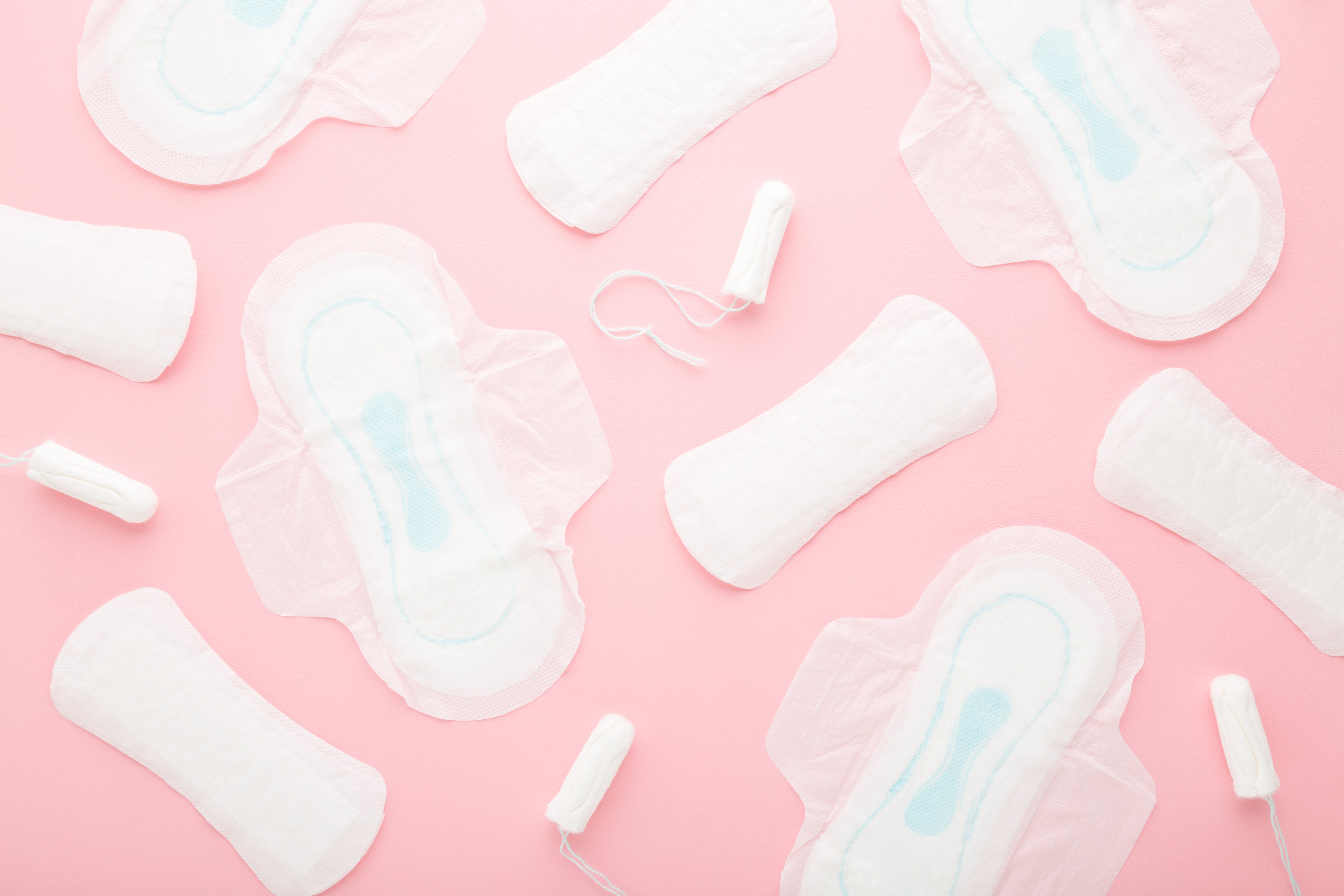Every 28 days, the female population experiences menstruation. We have become so accustomed to the modern sanitary products used during menstruation. But have you ever wondered how women, many years ago, would deal with menstruation?
In the past, when sanitary pads or tampons were not available, women used a variety of substitutes, including newspapers, rags of cloth, bark, ashes, and banana leaves. These practices, common in several underdeveloped nations even today, frequently lead to long-term health risks like cervical cancer, toxic shock syndrome, or genital herpes.
Nurses developed the first disposable pads as they searched for innovative ways to halt excessive bleeding, particularly on the battlefield. Nurses in France created the first pads from bandages composed of wood pulp. It was very absorbent and inexpensive enough to discard after use. Commercial producers appropriated this concept, and the Southball pad, the first disposable pad to be sold, appeared in 1888. In 1896, Johnson & Johnson in America created Lister’s Towel: Sanitary Towels for Ladies as their own version.
Over the years, sanitary napkins have changed to address the specific needs of women. There are many different varieties of sanitary napkins available today, including pads of various lengths and thicknesses, with or without wings, scented or unscented, produced from absorbent materials, and carrying different textures like that of netting and soft clothing.
SOFY is a feminine hygiene brand serving its customers since the early 60s. Women across the world can get high-quality tampons, pantyliners, and sanitary pads from SOFY. Their products guarantee cleanliness, safety, excellent health, and worry-free periods.
Modern characteristics of Sofy sanitary napkins include excellent absorbency, leak-lock technology, and soft coverings for a comfortable fit. To accommodate varying flow intensities and personal preferences, they are available in a range of sizes and absorbency levels. SOFY products are designed to offer dependable protection, reduce discomfort, and encourage good hygiene while menstruating.
SOFY offers a wide range of sanitary napkins, depending on varying menstrual flow and requirements. For women who experience heavy menstrual flow, there’s SOFY Bodyfit. One should go for SOFY AntiBacteria Super XL+, which is 323mm long, to get maximum protection against leakage and bacteria. SOFY Cool Freshness sanitary pads are ideal pads for summer. These pads are very affordable as well.
In addition to sanitary napkins, Sofy also sells tampons and panty liners. SOFY tampons are safe, easy to use, and come with an applicator. SOFY Pantyliners are lighter, thinner absorbent pads intended for light discharge between periods, or for daily freshness.
Overall, the sanitary napkin revolution has given women more options for managing their menstrual flow, allowing them to select products that meet their specific needs and preferences. At the end of the day, it’s crucial to keep in mind that everyone has different preferences, so you should always pick products that best suit you.
Every 28 days, the female population experiences menstruation. We have become so accustomed to the modern sanitary products used during menstruation. But have you ever wondered how women, many years ago, would deal with menstruation?
In the past, when sanitary pads or tampons were not available, women used a variety of substitutes, including newspapers, rags of cloth, bark, ashes, and banana leaves. These practices, common in several underdeveloped nations even today, frequently lead to long-term health risks like cervical cancer, toxic shock syndrome, or genital herpes.
Nurses developed the first disposable pads as they searched for innovative ways to halt excessive bleeding, particularly on the battlefield. Nurses in France created the first pads from bandages composed of wood pulp. It was very absorbent and inexpensive enough to discard after use. Commercial producers appropriated this concept, and the Southball pad, the first disposable pad to be sold, appeared in 1888. In 1896, Johnson & Johnson in America created Lister’s Towel: Sanitary Towels for Ladies as their own version.
Over the years, sanitary napkins have changed to address the specific needs of women. There are many different varieties of sanitary napkins available today, including pads of various lengths and thicknesses, with or without wings, scented or unscented, produced from absorbent materials, and carrying different textures like that of netting and soft clothing.
SOFY is a feminine hygiene brand serving its customers since the early 60s. Women across the world can get high-quality tampons, pantyliners, and sanitary pads from SOFY. Their products guarantee cleanliness, safety, excellent health, and worry-free periods.
Modern characteristics of Sofy sanitary napkins include excellent absorbency, leak-lock technology, and soft coverings for a comfortable fit. To accommodate varying flow intensities and personal preferences, they are available in a range of sizes and absorbency levels. SOFY products are designed to offer dependable protection, reduce discomfort, and encourage good hygiene while menstruating.
SOFY offers a wide range of sanitary napkins, depending on varying menstrual flow and requirements. For women who experience heavy menstrual flow, there’s SOFY Bodyfit. One should go for SOFY AntiBacteria Super XL+, which is 323mm long, to get maximum protection against leakage and bacteria. SOFY Cool Freshness sanitary pads are ideal pads for summer. These pads are very affordable as well.
In addition to sanitary napkins, Sofy also sells tampons and panty liners. SOFY tampons are safe, easy to use, and come with an applicator. SOFY Pantyliners are lighter, thinner absorbent pads intended for light discharge between periods, or for daily freshness.
Overall, the sanitary napkin revolution has given women more options for managing their menstrual flow, allowing them to select products that meet their specific needs and preferences. At the end of the day, it’s crucial to keep in mind that everyone has different preferences, so you should always pick products that best suit you.












